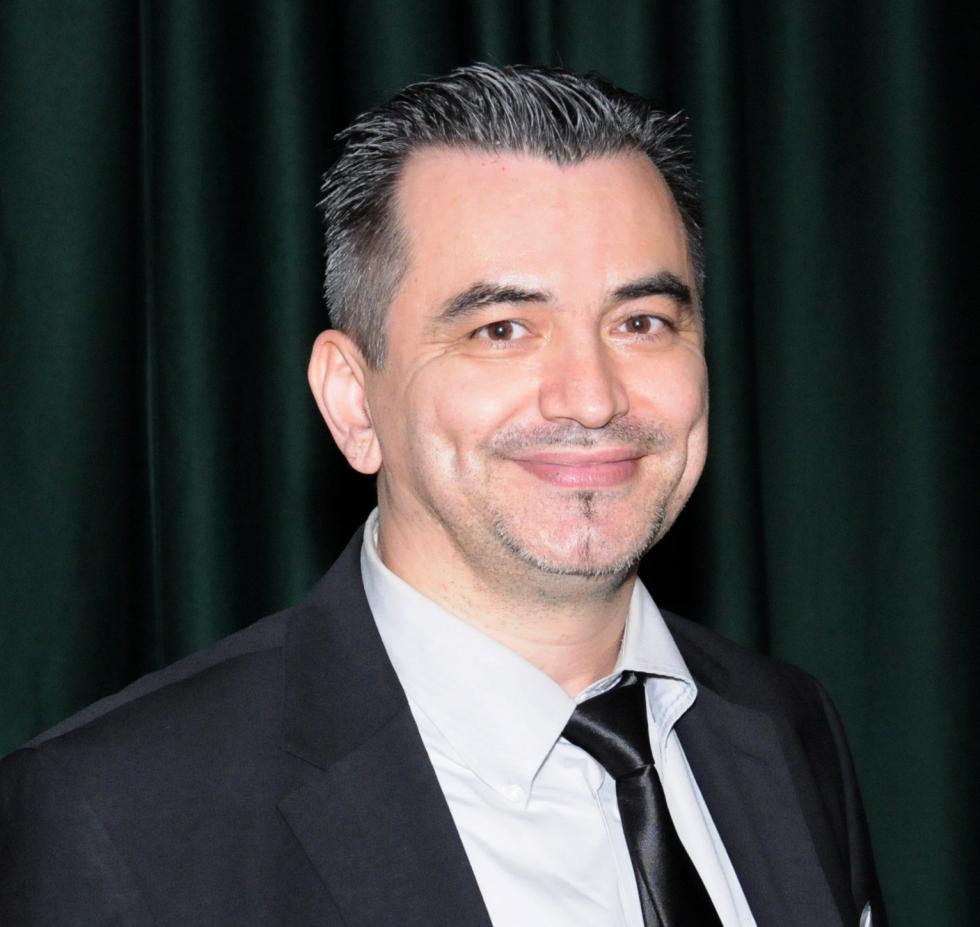Dr. Hakan Ozcelik Professor, a professor of management in the College of Business Administration at Sacramento State, offers his insight into management theory. For more from Ozcelik, check out “Lost in Translation” in our April issue. Sign up for our newsletter and we’ll email you when it’s available online.
What’s the biggest change in terms of management theory in the past year?
Considering recent developments in management theory, I think the biggest change is an increasing focus on redefining managements’ basic roles and responsibilities for their employees in organizations. We are seeing a burgeoning stream of empirical research in management showing how performance and employee attitudes in today’s organizations go hand-in-hand with factors that most managements have traditionally overlooked — factors such as quality of coworker relationships, work-family balance, emotionally intelligent leadership, job crafting, intuition and creativity. Interestingly, all these research findings highlight why managements should keep a closer eye on the human side of organization, in an era where many organizational tasks that require cognitive and physical capabilities are gradually being shifted, or ‘outsourced,’ from employees to computers and robots.
This new knowledge in management theory can be of significant help for leaders and managers, who might soon need to embrace a critical role to help their organizations explore and better utilize those unique human capabilities that cannot be easily outsourced to machines – what can be called ‘higher-order human capabilities,’ such as empathy, ethical judgement, emotional awareness and imagination.
Related: Texting and Messaging in the Workplace — What’s the Risk?
Related: Can You Hear Me Now?
What do you foresee as the biggest change on the horizon in the year to come?
I foresee management theory scholars developing a closer focus on emotional wellbeing. While bringing in their unique ‘higher-order human capabilities’ to their organizations, employees might start legitimately expecting their organizations to help them pursuing their ‘higher-order human needs,’ beyond pay and promotions. Thus, managements might face new responsibilities as organizations acknowledge and formally address these higher-order needs, such as high-quality work relationships, dignity, personal independence and happiness.
We have already started seeing such attempts at the institutional levels. Prime Minister Teresa May has recently announced creating a Ministry of Loneliness in the United Kingdom. Academy of Management will bring together thousands of researchers in its annual conference in Chicago this summer, around the theme: How can organizations help improving wellbeing in society? This new focus also seems to reflect the emerging expectations of a new generation born in this millennium, who have started turning 18 this year. Unlike their parents, who were carried away with a fascination about internet and smartphones, this upcoming generation take the information technology for granted and rather seem to follow the trends related to their happiness and wellbeing. This new generation’s needs, capabilities and decisions would soon start imprinting a new wave of management.
Got something to add? Let us know in the comments, on social media, or email us at editorial@comstocksmag.com




Comments
Biggest corp.mistakes to many manager micro managing rather than leading. To much managemet leads to adult daycare killing productivity. Leaders lead rather than killing imagenation. Organizational loyalty is the best thing you can have. Loyalty of worker and loyalty to workers. This is the only thing that will save a company in changing times and hard times. Every company has good and hard times. If your employees have been shown the company does not care about them the company is over when they hit the hard times.